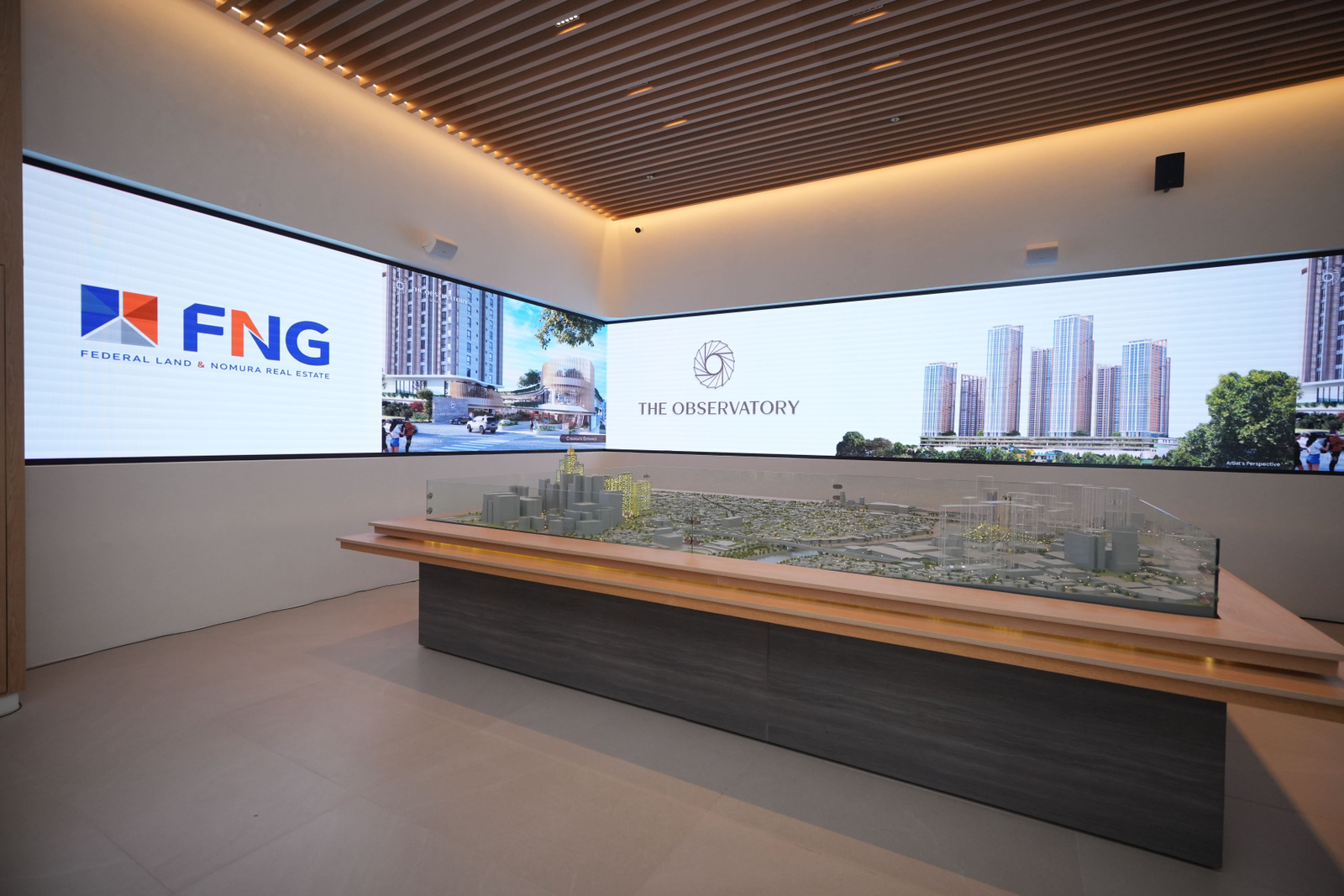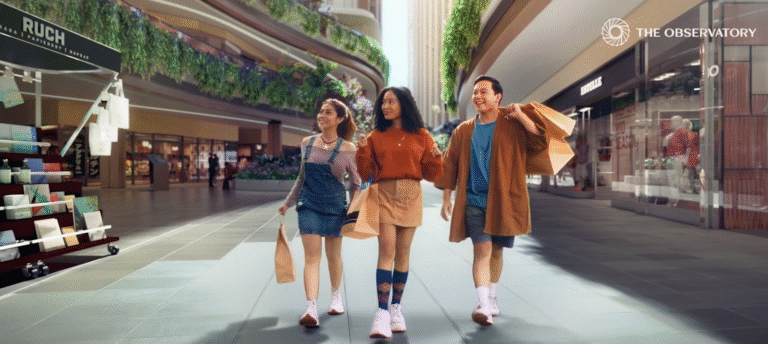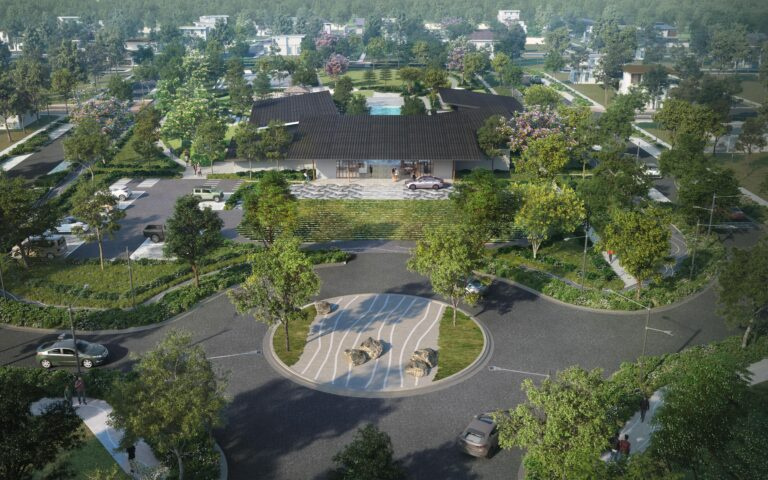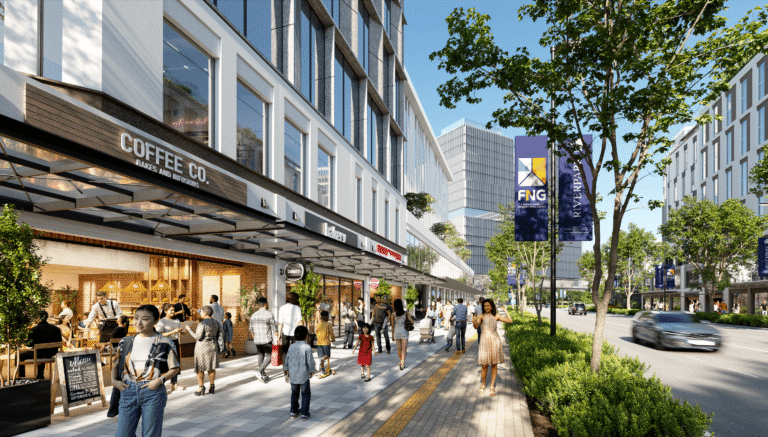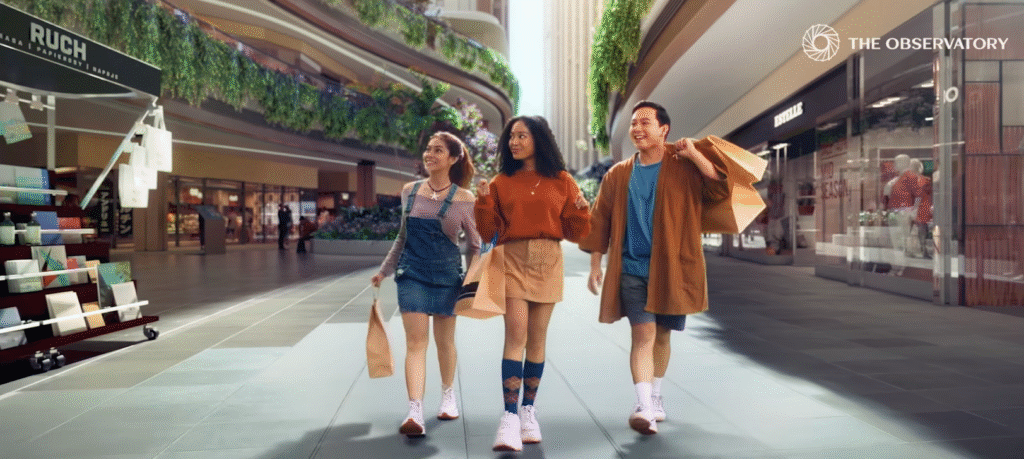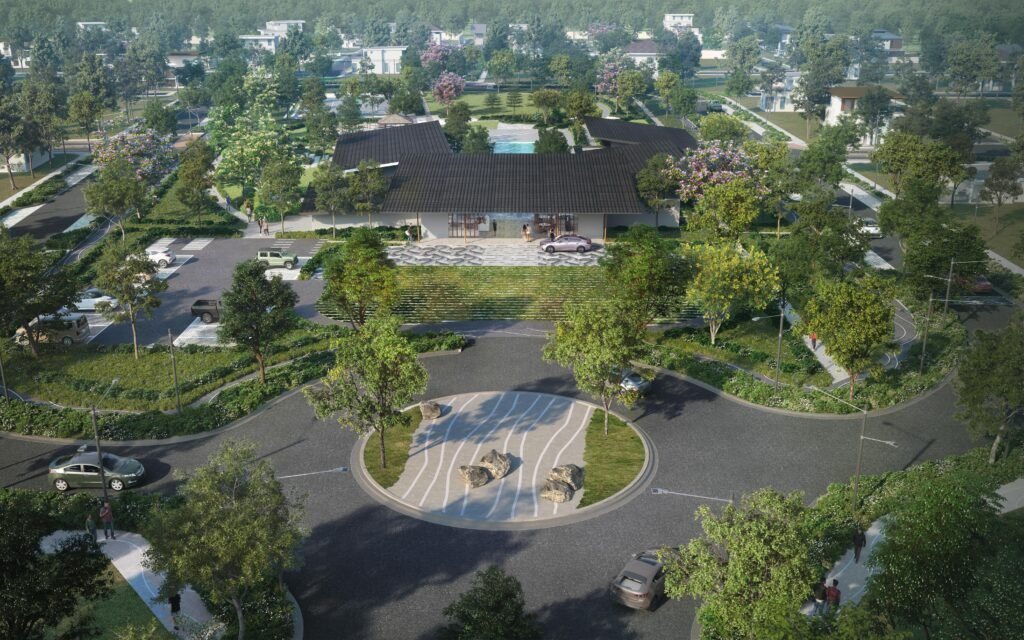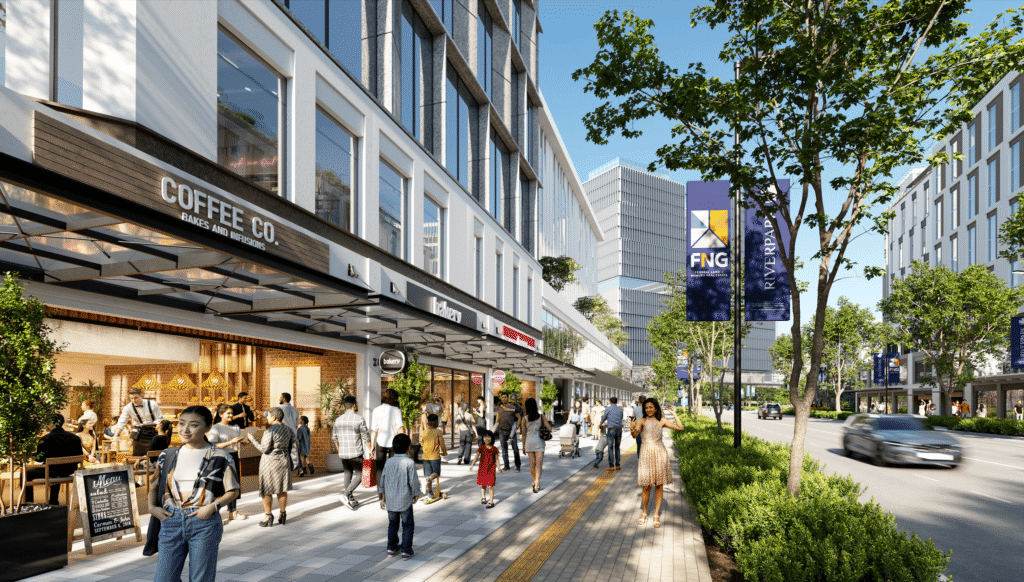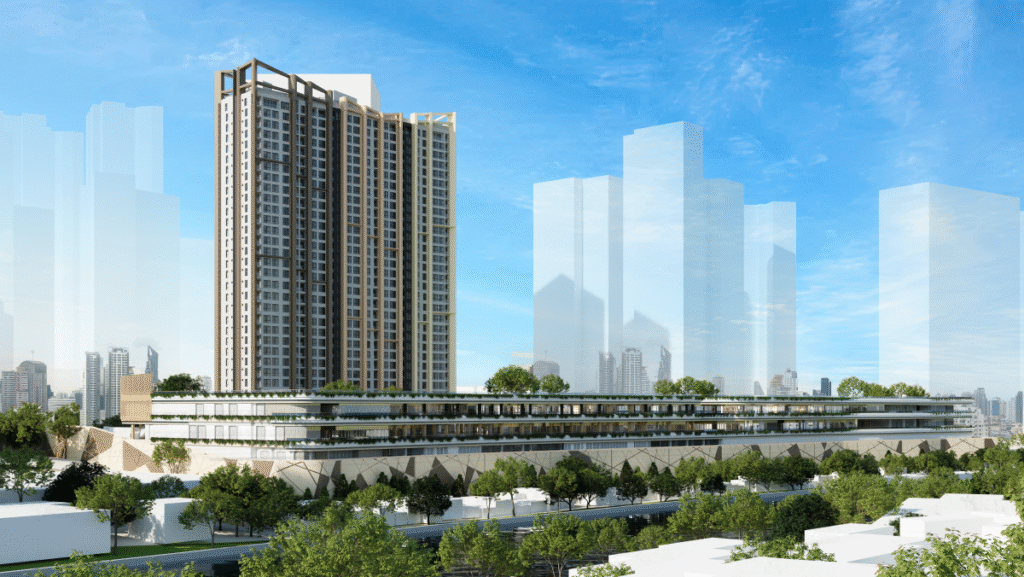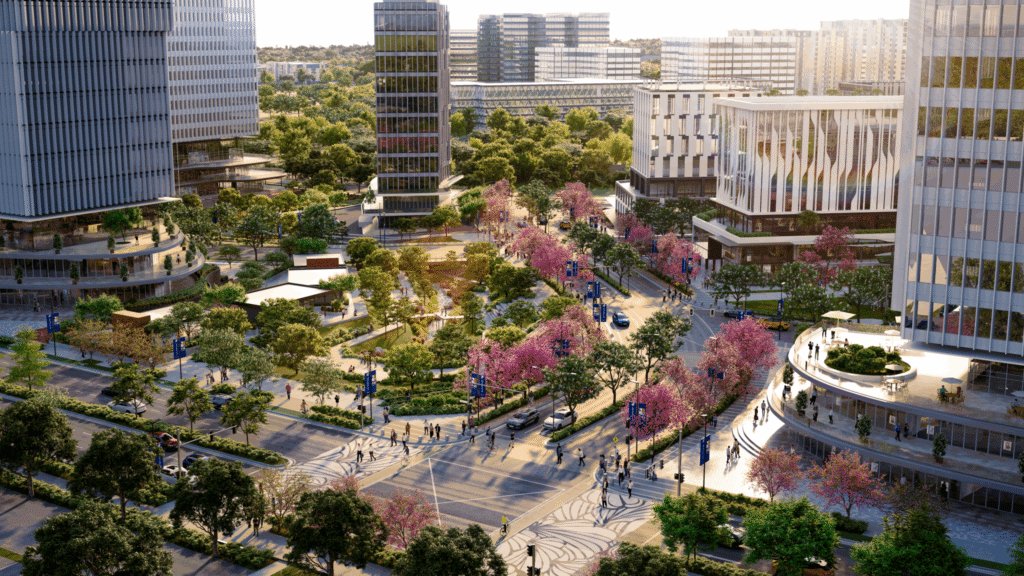In a metropolis constantly shaped by growth and transformation, location has always been at the heart of value. Nowhere is this more evident than in Mandaluyong City—Metro Manila’s geographic and economic crossroads. Often recognized as the “Tiger City,” Mandaluyong is reclaiming the spotlight as a hub of progress and connectivity, with new developments redefining how Filipinos live and invest in the urban core.
Among these, The Observatory, the flagship horizontal project of Federal Land NRE Global, Inc. (FNG), emerges as a landmark in the making—blending Japanese design sensibilities with Filipino warmth while capitalizing on the city’s unique advantages.
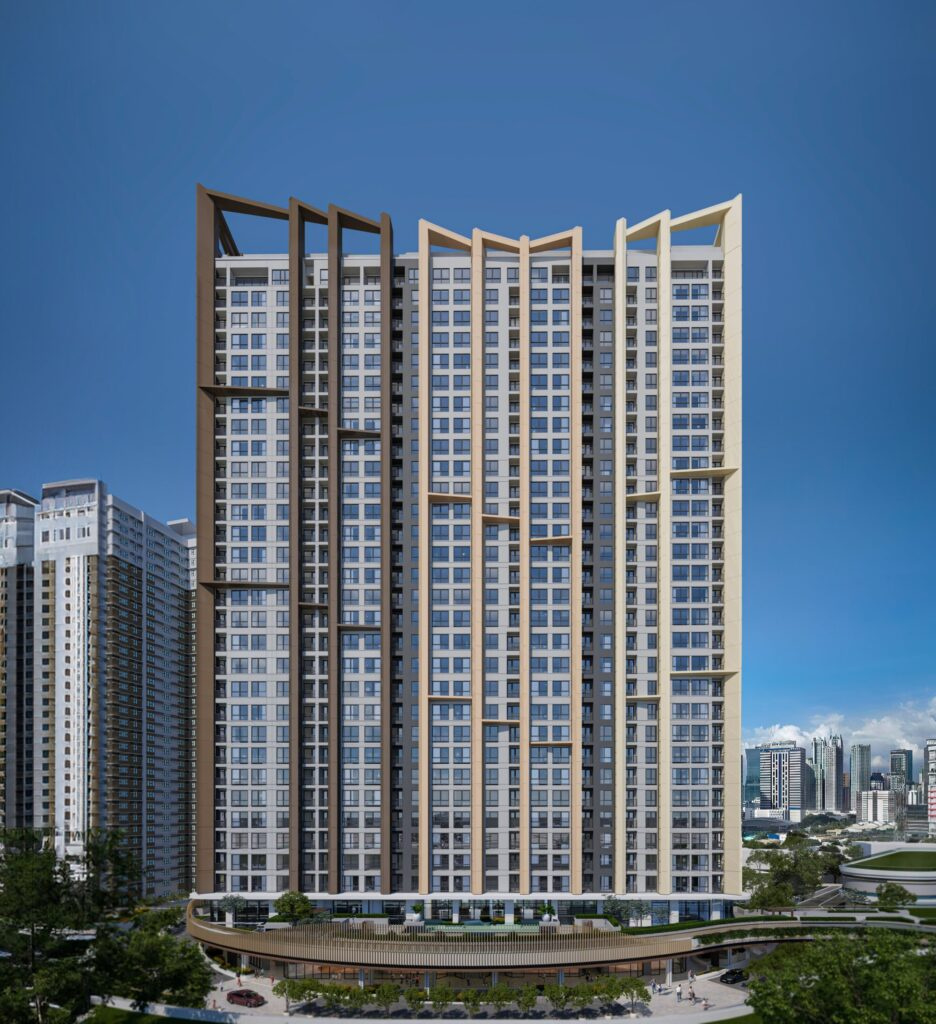
Mandaluyong: The center of connectivity
Mandaluyong’s greatest strength lies in its geography. Bordered by San Juan, Quezon City, Pasig, Makati, and Manila across the Pasig River, the city is at the literal heart of the capital. This centrality translates into a practical advantage for residents and investors, offering quick access to the country’s top business districts, including Ortigas, Bonifacio Global City, and Makati.
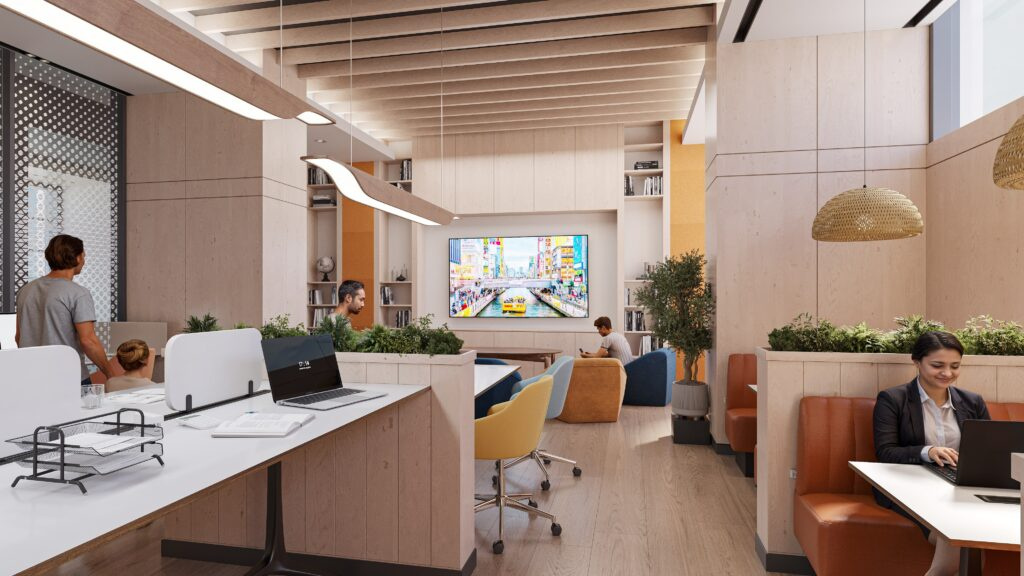
For professionals, it means cutting down hours spent on long commutes. For families, it means being closer to schools, healthcare, and lifestyle hubs across the metro. For investors, it ensures enduring value, as properties in central locations remain highly sought after.
More than just a midpoint, the city’s reputation as a crossroads is reinforced by its infrastructure. The city is connected by vital bridges and road networks—the Mandaluyong–Makati bridges, Guadalupe Bridge and Cloverleaf, Pioneer Underpass, and Ortigas Interchange—all of which provide smooth mobility for residents, businesses, and visitors. In many ways, Mandaluyong is the city that connects other cities, and this accessibility ensures its continued growth.
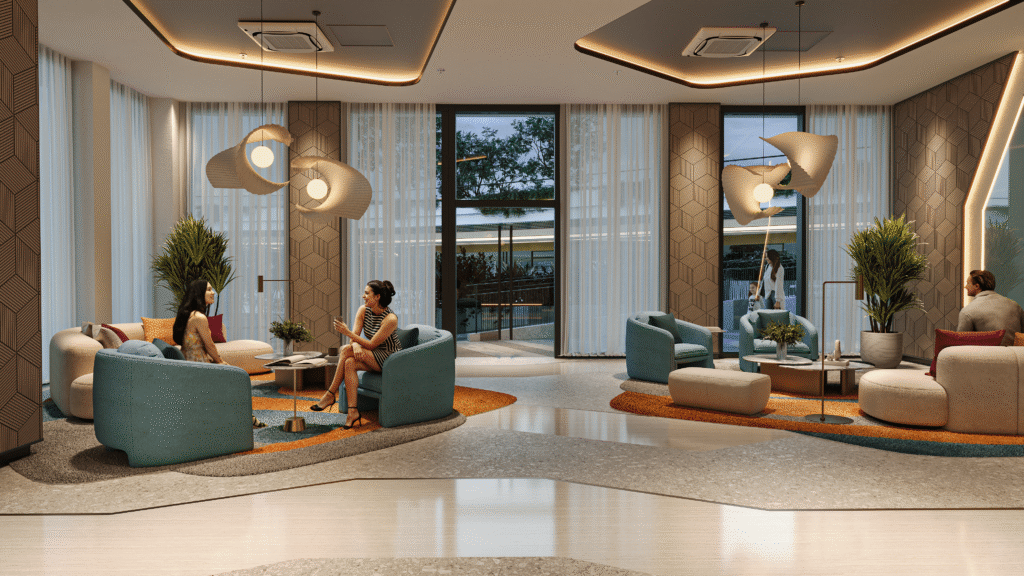
The Observatory’s location along Pioneer Street captures these strengths. Strategically close to EDSA yet set within a more residential enclave, it offers both the energy of the metropolis and the calm of a community. It is here that the project redefines balance, creating a home that provides both convenience and sanctuary.
The Observatory: Redefining mixed-use living
Mandaluyong’s centrality and connectivity are matched by its accessibility to urban essentials. Within a short distance, residents can reach leading commercial centers, premier hospitals, and top universities in neighboring districts. These advantages make the city not only a place to live, but a place where life’s needs and aspirations converge.
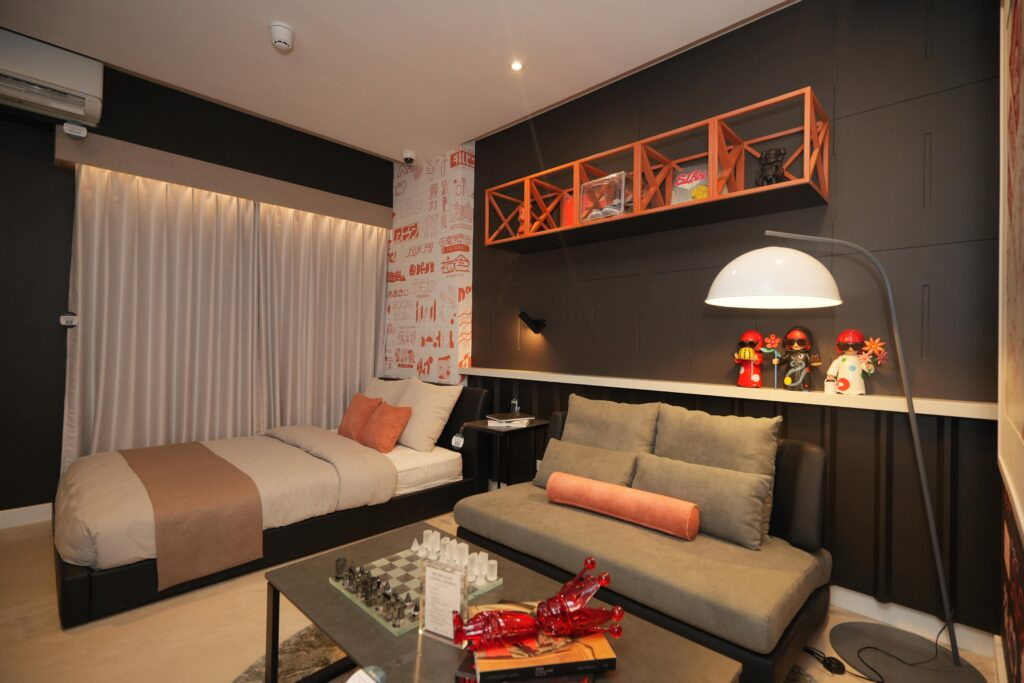
Conceived as a mixed-use community inspired by Tokyo’s Shibuya district, the development integrates residences, offices, and retail spaces into one cohesive hub. Homeowners will find units ranging from efficient studios to spacious three-bedrooms and penthouses, supported by curated amenities and generous green spaces.
Yet Mandaluyong is not all bustle. Its neighborhoods reveal quieter, more residential rhythms. Here, urban living softens into community living. This balance between access and retreat is central to The Observatory’s vision. Drawing from Japanese design, the project emphasizes harmony, functionality, and spatial efficiency. It creates an environment that reflects both the vibrancy of Mandaluyong and the tranquility people seek at the end of the day.
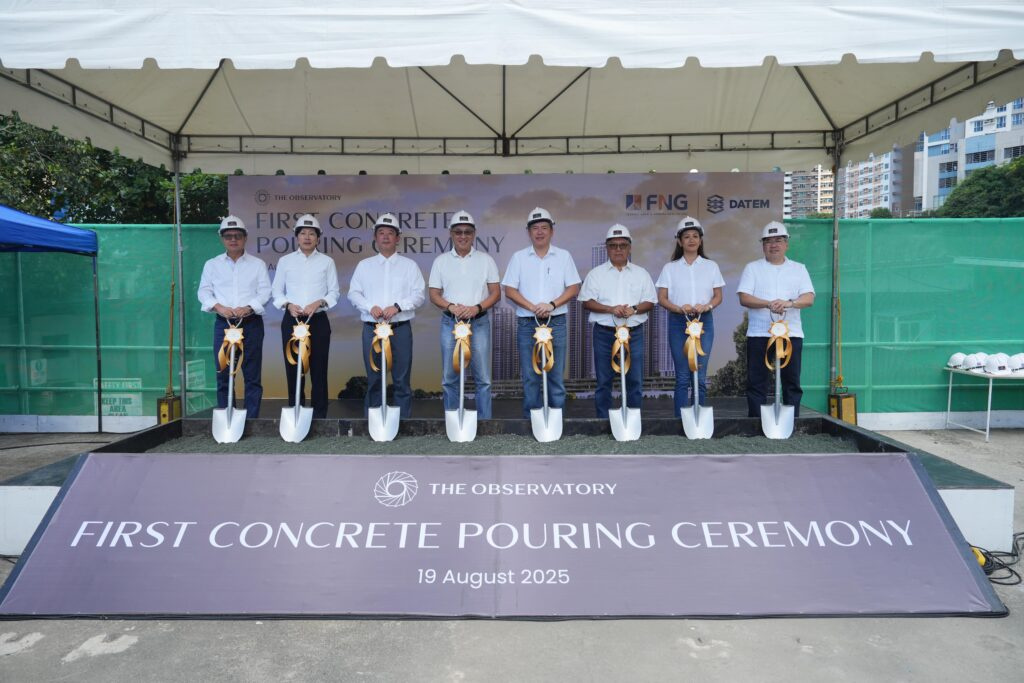
Building a future-ready Mandaluyong
The Observatory reflects Mandaluyong’s future-ready approach. Its newly opened Sales Pavilion on Pioneer Street offers a preview of the master plan, guiding visitors through scale models, immersive digital exhibits, and refined negotiation areas.
Designed in collaboration between Filipino and Japanese architects, the space embodies precision, hospitality, and innovation. More than a showroom, it represents FNG’s vision of The Observatory as a future landmark in both design and experience.
Developments like The Observatory highlight why Mandaluyong continues to attract attention. Its geography links all corners of Metro Manila, its infrastructure ensures mobility, and its accessibility to lifestyle and institutional hubs guarantees livability. With strong governance reinforcing sustainable growth, Mandaluyong remains promising for families, professionals, and investors alike.
As Metro Manila evolves, Mandaluyong’s role has matured from a simple crossroads to a true center of convergence—where accessibility, balance, and opportunity meet. Rising from this landscape, The Observatory stands not just as a property, but as a vision of what city living can become: central, connected, and built for the future.
Visit The Observatory Sales Pavilion
Step into the future of city living at The Observatory’s first standalone showroom on Pioneer Street, Mandaluyong. Designed with Japanese precision and Filipino warmth, the Pavilion offers more than a preview—it’s an immersive vision of balanced, future-ready living:
- Located along Pioneer Street, Mandaluyong
- Scale models and master plan previews
- High-tech immersive room showcasing lifestyle and amenities
- Lounge-style seating and private negotiation areas
- Dining options featuring UCC Mentore, MOS Burger, and CoCo Ichibanya
